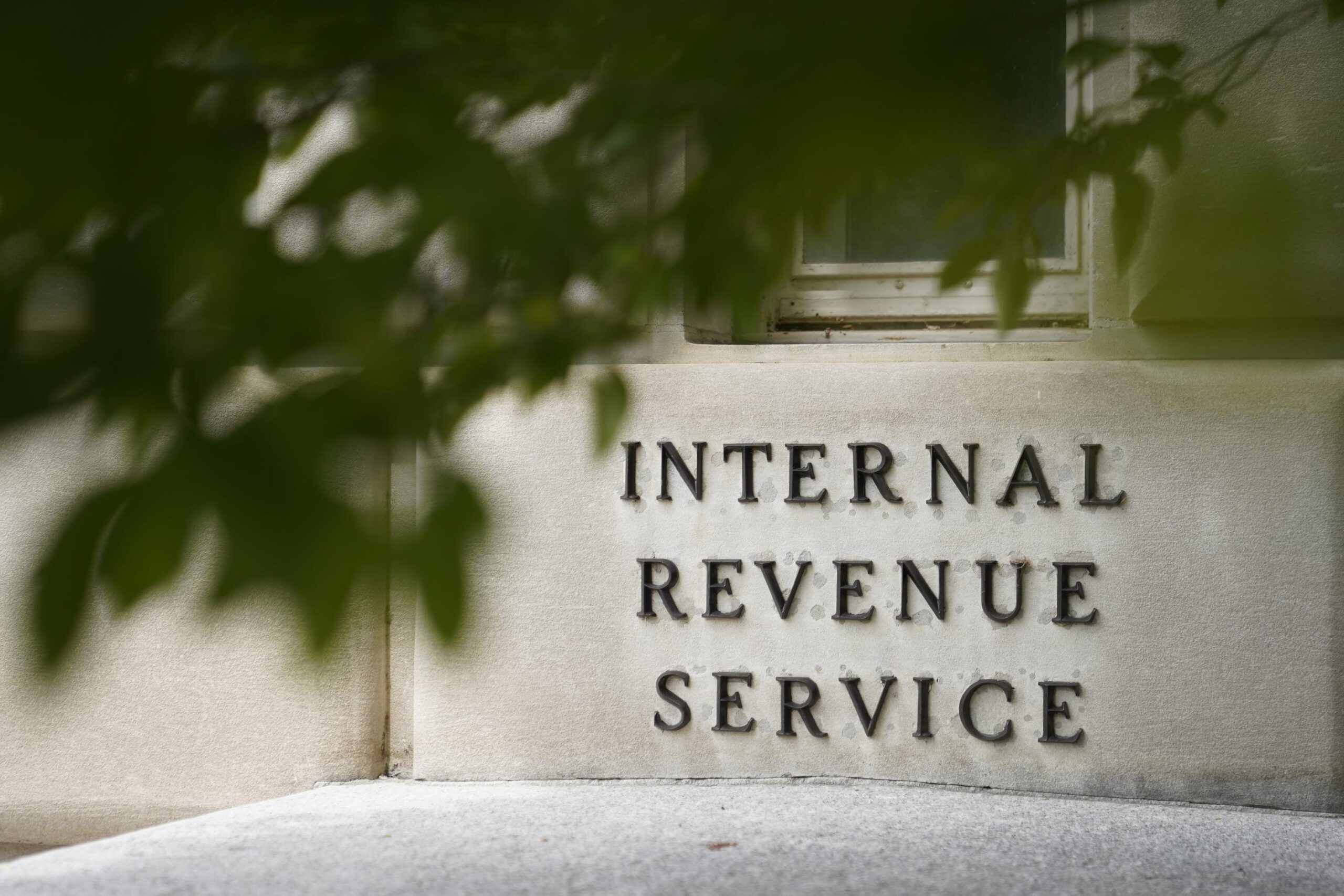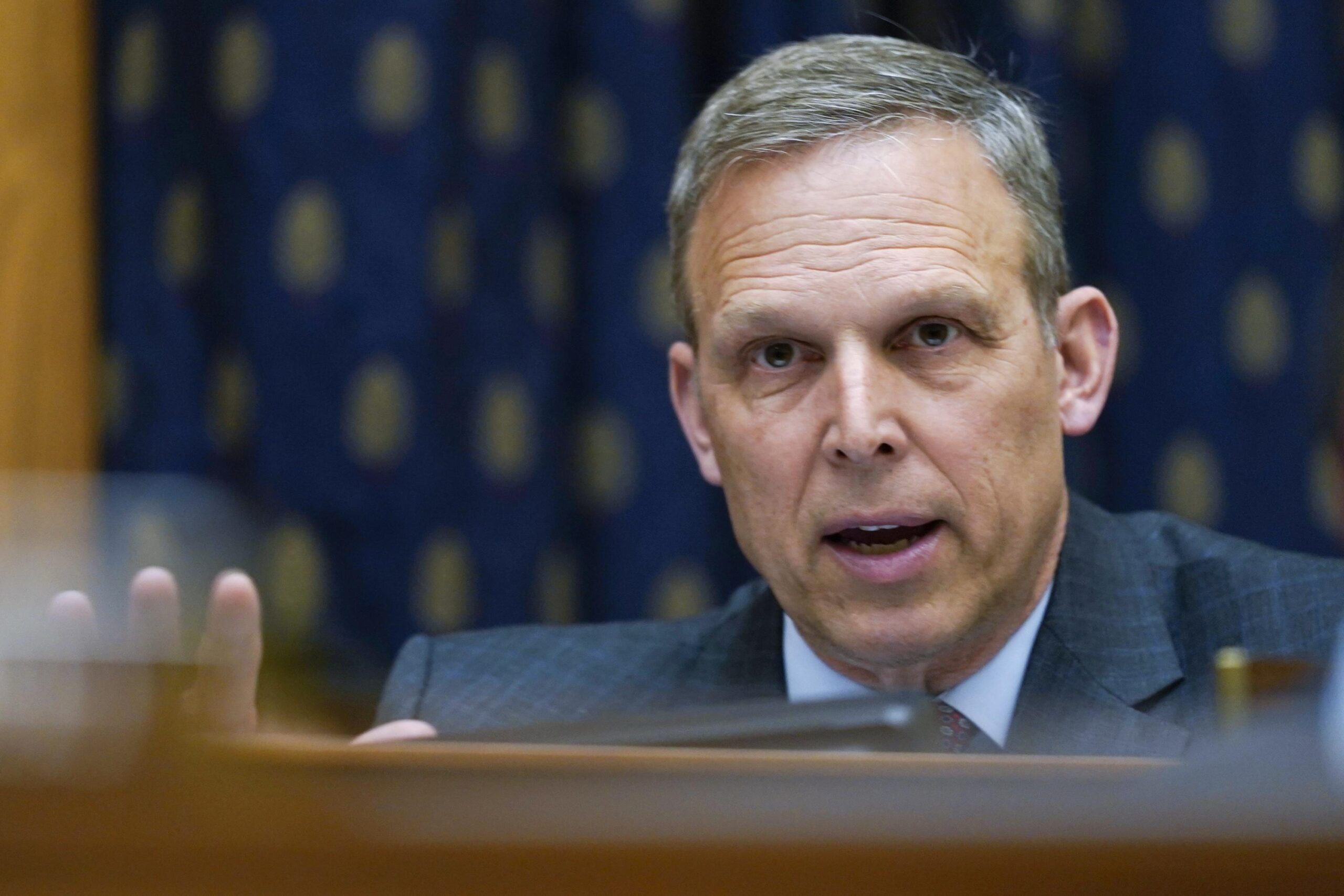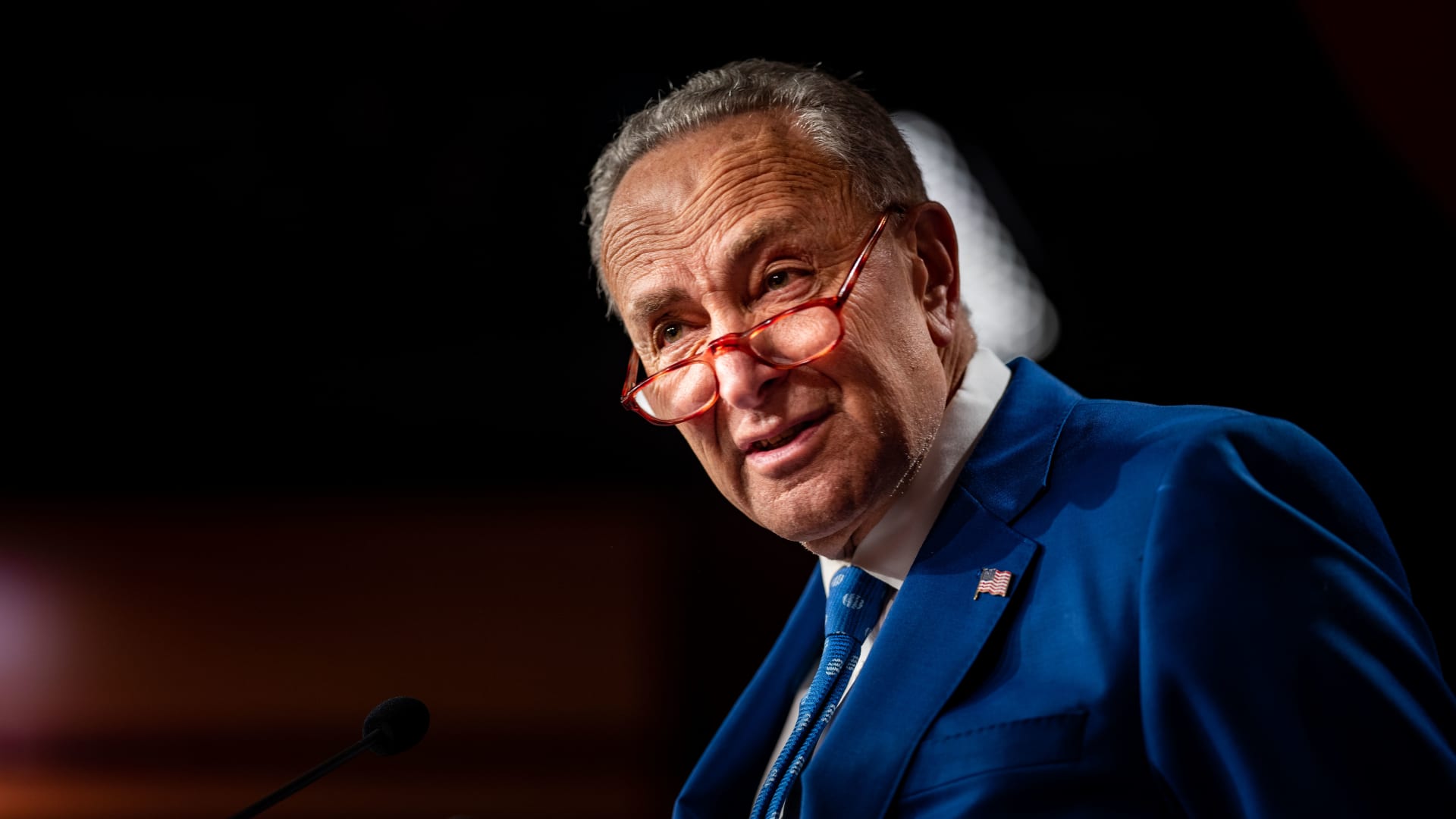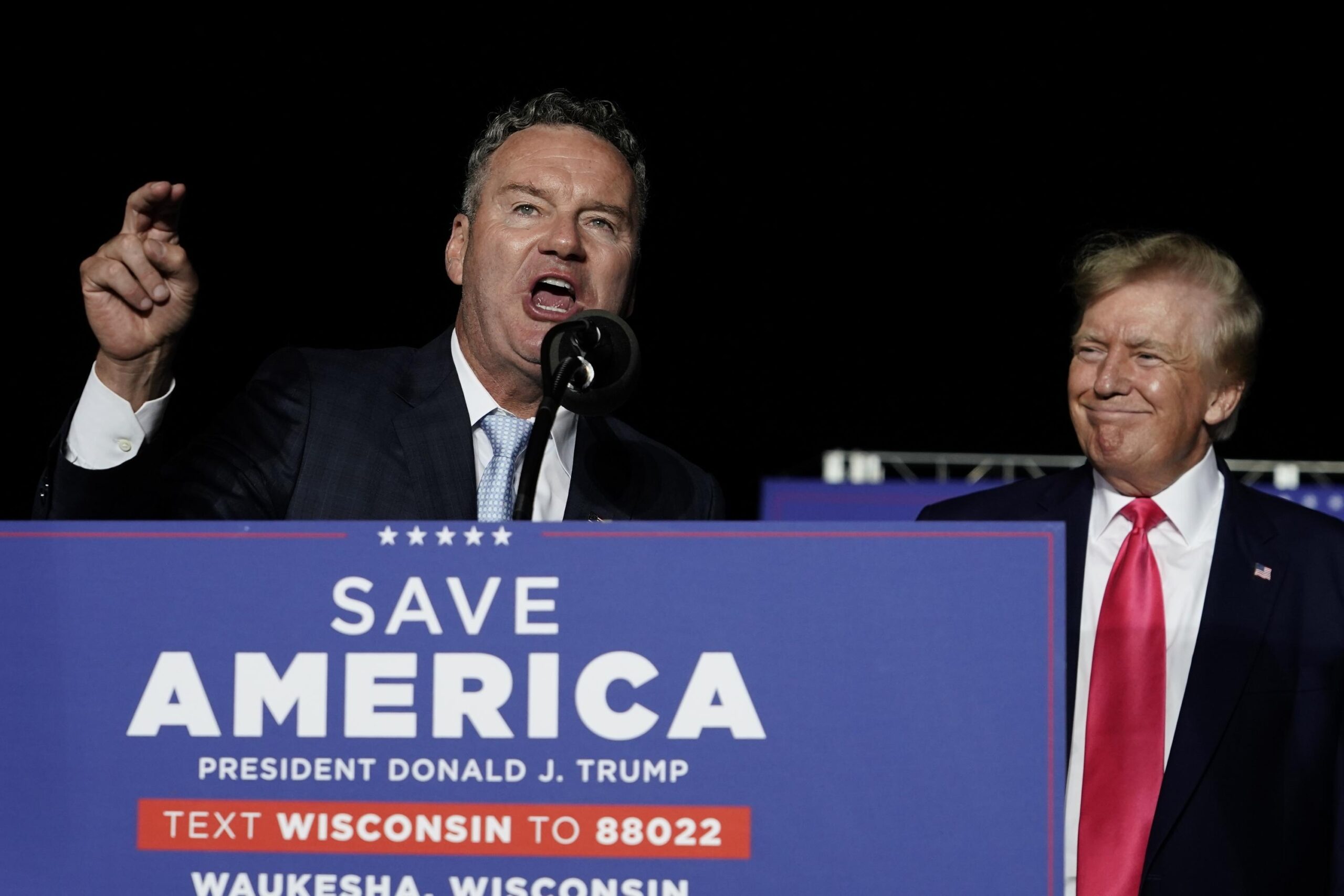NEW YORK (AP) — Donald Trump ‘s pick for governor in the swing state of Wisconsin easily defeated a favorite of the Republican establishment.
In Connecticut, the state that launched the Bush family and its brand of compassionate conservatism, a fiery Senate contender who promoted Trump’s election lies upset the state GOP’s endorsed candidate. Meanwhile in Washington, Republicans ranging from Senate Minority Leader Mitch McConnell to conspiracy theorist Rep. Marjorie Taylor Greene defended Trump against an unprecedented FBI search.
And that was just this week.
The rapid developments crystallized the former president’s singular status atop a party he has spent the past seven years breaking down and rebuilding in his image. Facing mounting legal vulnerabilities and considering another presidential run, he needs support from the party to maintain his political career. But, whether they like it or not, many in the party also need Trump, whose endorsement has proven crucial for those seeking to advance to the November ballot..
“For a pretty good stretch, it felt like the Trump movement was losing more ground than it was gaining,” said Georgia Republican Lt. Gov. Geoff Duncan, who is urging his party to move past Trump. But now, he said, Trump is benefiting from “an incredibly swift tail wind.”
The Republican response to the FBI’s search of Trump’s Florida estate this week was an especially stark example of how the party is keeping Trump nearby. Some of the Republicans considering challenges to Trump in a 2024 presidential primary, such as Florida Gov. Ron DeSantis, were among those defending him. Even long-established Trump critics like Maryland Gov. Larry Hogan questioned the search, pressing for details about its circumstances.
But even before the FBI showed up at Mar-a-Lago, Trump was gaining momentum in his post-presidential effort to shape the GOP. In all, nearly 180 Trump-endorsed candidates up and down the ballot have won their primaries since May while fewer than 20 have lost.
Only two of the 10 House Republicans who supported Trump’s impeachment after the Jan. 6 insurrection are expected back in Congress next year. Rep. Jaime Herrera-Beutler, R-Wash., who conceded defeat after her Tuesday primary, it was the latest to fall. Leading Trump antagonist Rep. Liz CheneyR-Wyo., is at risk of joining her next week.
The Trump victories include a clean sweep of statewide primary elections in Arizona last week — including an election denier in the race for the state’s official chief elections. Trump’s allies also prevailed Tuesday across Wisconsin and Connecticut, a state long known for its moderate Republican leanings.
In Wisconsin’s Republican primary for governor, wealthy Trump-backed businessman Tim Michels defeated former Lt. Gov. Rebecca Kleefisch, an establishment favourite. And in Connecticut, Leora Levy, who promoted Trump’s lie that the 2020 election was stolen, emerged to an unexpected victory over a more moderate rival after earning Trump’s official endorsement.
On Monday, just hours after the FBI search, Trump hosted a tele-town hall rally on his behalf. Levy thanked Trump in her acceptance speech, while railing against the FBI’s search for her.
“All of us can tell him how upset and offended and disgusted we were at what happened to him,” she said. “That is un-American. That is what they do in Cuba, in China, in dictatorships. And that will stop.”
Despite his recent dominance, Trump — and the Republicans close to him — face political and legal threats that could undermine their momentum as the GOP fights for control of Congress and statehouses across the nation this fall.
While Trump’s picks have notched notable victories in primaries this summer, they may struggle in the fall. That’s especially true in several governor’s races in Democratic-leaning states such as Connecticut and Maryland, where GOP candidates must track to the center to win a general election.
Meanwhile, several Republicans with White House ambitions are moving forward with a busy travel schedule that will take them to politically important states where they can back candidates on the ballot this year and build relationships heading into 2024.
DeSantis plans to boost high-profile Republican contenders across Arizona, New Mexico, Ohio and Pennsylvania. Former Vice President Mike Penceanother potential 2024 presidential contender, is scheduled to appear next week in New Hampshire.
On the legal front, the FBI search was part of an investigation into whether the former president took classified records from the White House to his Florida residence. While Republicans have rallied behind Trump, very few facts about the case have been released publicly. Trump’s attorneys have so far declined to release details from the search warrant.
Prosecutors in Washington and Georgia are also investigating Trump’s efforts to overturn the 2020 election he falsely claimed was stolen. The Jan. 6 congressional commission has exposed damning details about Trump’s behavior from Republican witnesses in recent hearings, which have prompted new concerns, at least privately, among the GOP establishment and donor class.
And on Wednesday, Trump invoked his Fifth Amendment protection against self-incrimination as he testified under oath Wednesday in the New York attorney general’s long-running civil investigation into his business dealings.
Trump’s legal entanglements represent a distraction at best for Republican candidates who’d rather focus on President Joe Biden’s leadership, sky-high inflation and immigration troubles to help court moderate voters and independents in the general election.
“Today, every Republican in every state in this country should be talking about how bad Joe Biden is, how bad inflation is, how difficult it is to run a business and run a household,” said Duncan, the Georgia lieutenant governor. “But instead, we’re talking about some investigation, we’re talking about Donald Trump pleading the Fifth, we’re talking about Donald Trump endorsing some conspiracy theorist.”
Trump critics in both parties are ready and willing to highlight Trump’s shortcomings — and his relationship with midterm candidates — as more voters begin to pay attention to politics this fall.
“This is, and always has been, Donald Trump’s Republican Party,” Democratic National Committee Chair Jaime Harrison said in an interview, condemning “MAGA Republicans” and their “extreme agenda” on abortion and other issues.
At the same time, the Republican Accountability Project and Protect Democracy launched a $3 million television and digital advertising campaign this week across seven swing states focused on Trump’s role in the Jan. 6 insurrection. The ads, which will run in Arizona, Georgia, Michigan, Nevada, North Carolina, Pennsylvania and Wisconsin, feature testimonials from Republican voters who condemn Trump’s lies about nonexistent election fraud that fueled the Capitol attack.
One ad features congressional testimony from Cheney, the Wyoming Republican who has publicly declared that Trump should never hold public office again.
Still, Cheney faces her own primary election against a Trump-backed challenger next week in Wyoming. One of Trump’s top political targets this year, she is expected to lose. Anticipating a loss, Cheney’s allies suggest she may be better positioned to run for president in 2024, either as a Republican or independent.
Trump’s allies are supremely confident about his ability to win the GOP’s presidential nomination in 2024. In fact, aides who had initially pushed him to launch his campaign after the November midterms are now encouraging him to announce sooner to help freeze out would-be Republican challengers .
“It’s going to be very difficult for anyone to take the nomination away from him in 2024,” said Stephen Moore, a former Trump economic adviser who has spoken with Trump about his 2024 intentions. “He is running. That is a certainty.”
Rep. Tom Rice, RS.C., predicted that Trump would “lose in a landslide” if he sought the presidency again, adding that the former president’s overall grasp on the party is “eroding on the edges.”
“In a normal election, you’ve got to win not just the base. You’ve got to win the middle, too, right, and maybe crossover on the other side,” said Rice, who lost his recent primary after voting in favor of Trump’s second impeachment.
Rice warned that Trump far-right candidates could lead to unnecessary losses for the party in November. “Donald Trump is pushing things so far to the right,” he said in an interview.
Meanwhile, former New Jersey Gov. Chris Christie, eyeing a 2024 bid himself, warned against making bold political predictions two years before the Republican Party selects its next presidential nominee.
“We’re sitting here in August of 2022,” Christie said in an interview. “My sense is there’s a lot of water over the dam still to come before anybody can determine anybody’s individual position in the primaries of ’24 — except to say that if Donald Trump runs, he will certainly be a factor.”
___
Associated Press writers Susan Haigh in Hartford, Connecticut, and Meg Kinnard in Columbia, South Carolina, contributed to this report.
.









